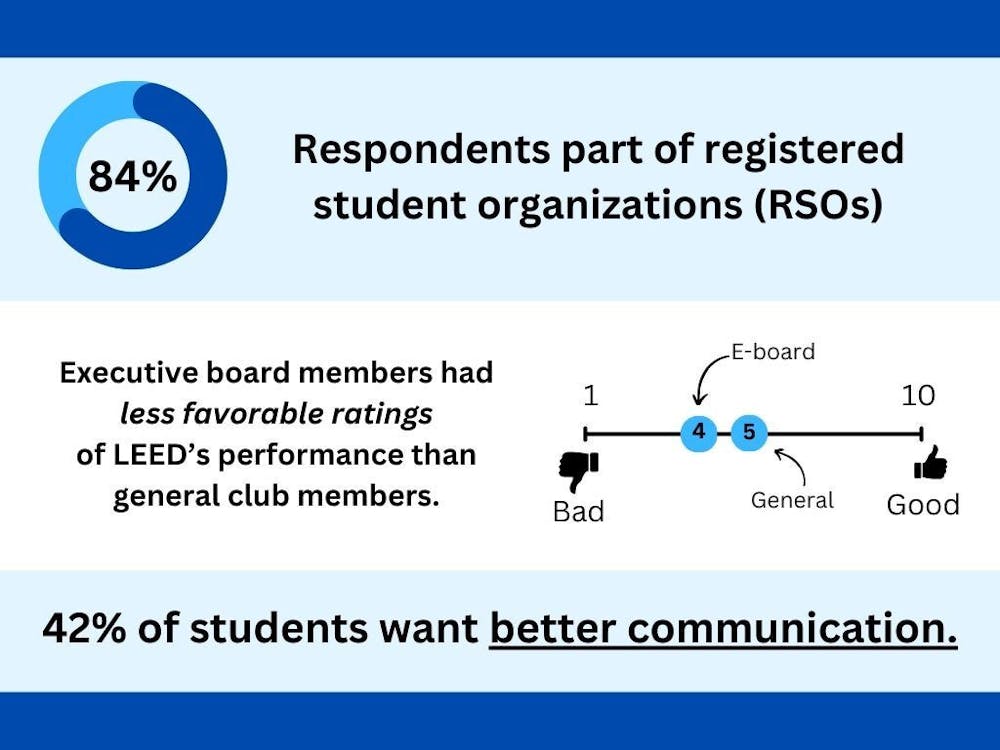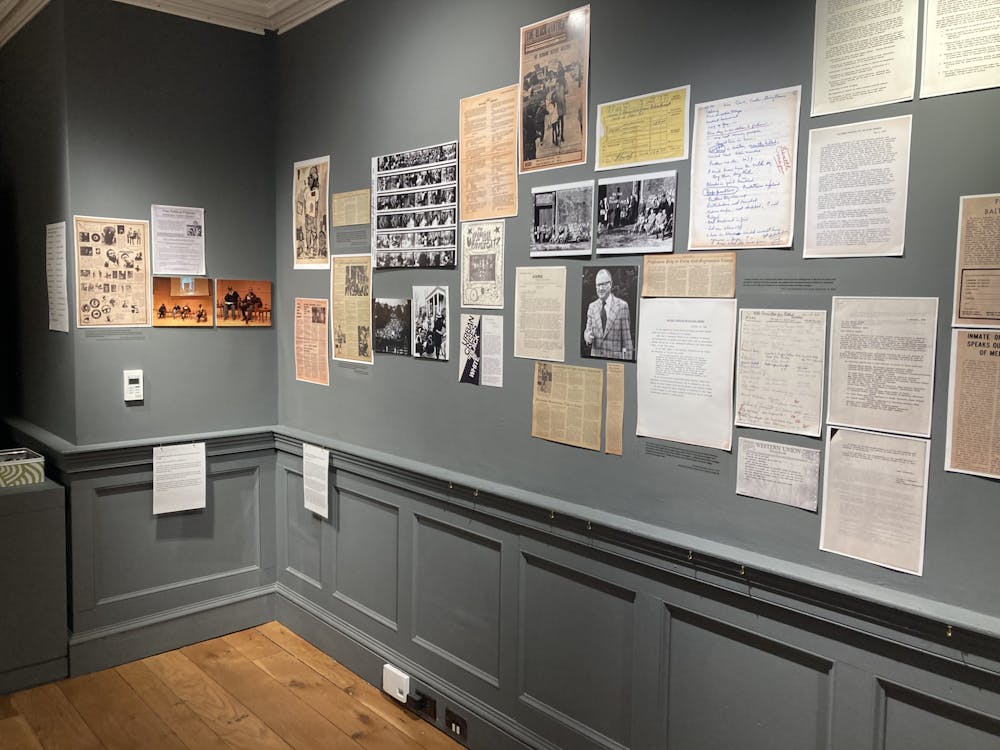In honor of the 50th anniversary of the 1968 Memphis Sanitation Strike, Red Emma’s hosted a viewing and discussion of the film At the River I Stand.
The event was moderated by Bill Barry, a retired union leader who now does free-lance consulting and organizing for labor unions.
Two speakers who participated in the strike, Austin Veale and William Lucy, were supposed to give talks prior to the discussion but were unable to attend due to conflicts.
Veale, a Baltimore local, was president of the American Federation of State, County and Municipal (AFSCME) Employees State Workers Council at the time of the Memphis, Tenn. strike.
William Lucy was the Secretary-Treasurer of the international AFSCME union and was involved with the union for 57 years. He collaborated with Martin Luther King Jr. during the strike.
Freshman Mary Shepard attended the viewing and was impressed overall.
“It was my first time at Red Emma’s. I mainly wanted to hear the scheduled speakers’ testimonies, so I was disappointed that they couldn’t come, but the discussion after the movie raised some good points,” she said.
Barry briefly introduced the documentary and explained the context of the strike and its implications for future union strikes.
Following years of meager pay and poor working conditions, African Americans were catalyzed to action by the death of two African-American sanitation workers due to an electrical shortage in the equipment. The workers sought to join the AFSCME Local 1733 chapter but were met with heavy opposition from Memphis mayor Henry Loeb.
The strike coincided with King’s plans to organize a Poor People’s March meant to promote economic change in addition to acquiring political freedoms for African Americans. King participated in the strike and was assassinated in Memphis following his “I’ve Been to the Mountaintop” speech.
The assassination heightened the strikers’ urgency and eventually culminated in a settlement reached between city officials and workers that led to union recognition and wage increases.
After the movie, viewers said that the movie reminded them of the power of King’s leadership abilities.
“The movie clips showed the power of King’s booming voice and the charisma that helped him to be a great leader,” an audience member said.
In the discussion, participants also noted how the movie emphasized the relationship between different factors that led to the strike.
“It really showed how everything is related: poverty, worker’s rights, segregation and racism,” one participant said.
Barry stated that biographies of MLK often forget to mention his commitment to the workers in Memphis.
“I wanted to show Martin Luther King in a way most people don’t see him. The Memphis Strike was a case to which he devoted himself and unfortunately gave his life in support of,” Barry said.
















Please note All comments are eligible for publication in The News-Letter.